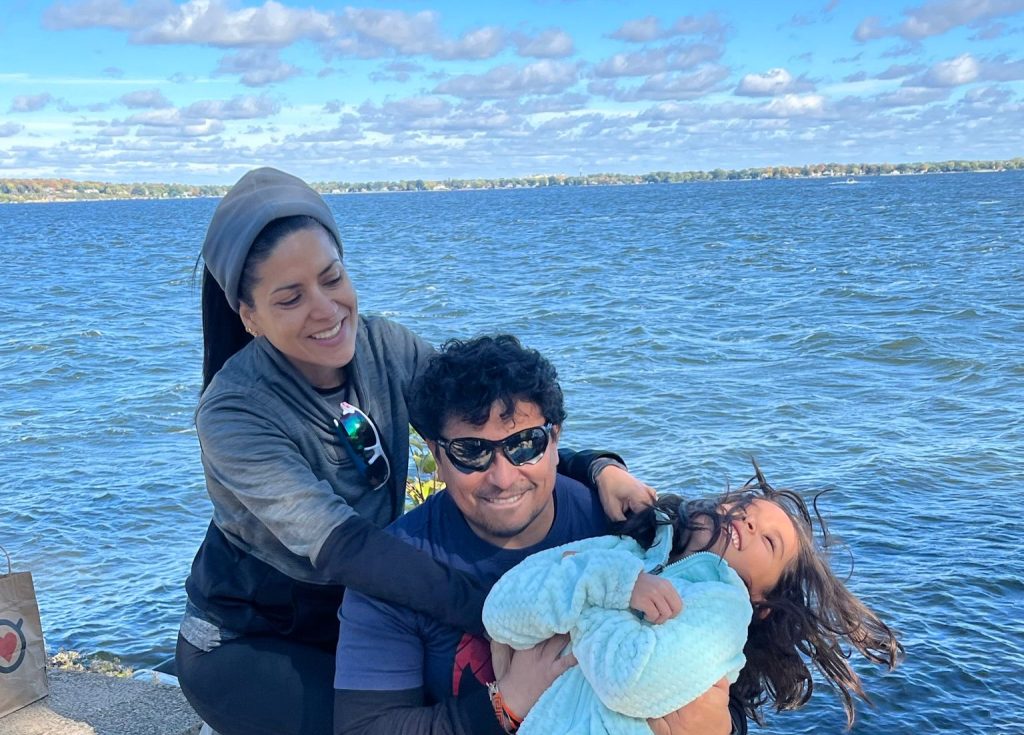
Leonor Hidalgo-Ciro enjoying a Madison moment by the lake with her family (Photo from L. Hidalgo-Ciro)
By Kendall Buehl, GHI Staffer…Leonor Hidalgo-Ciro has felt a strong desire to help people ever since she could remember. And in her academic and occupational careers, she has done just that.
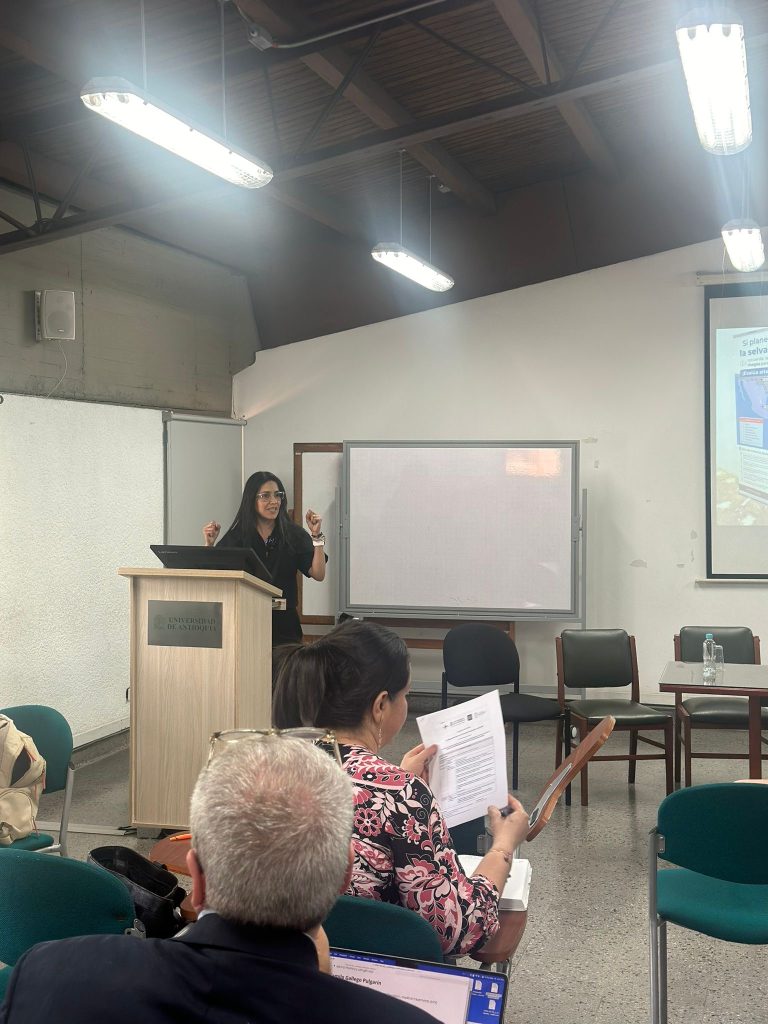
Hidalgo-Ciro holds a Bachelor’s degree in law from the University of Antioquia in Colombia and a Master’s degree in political studies from the National University of Colombia.
Before coming to Madison, Wisconsin, Hidalgo-Ciro worked for more than 15 years in the public sector designing policies and leading projects for socio-economic development using her expertise in science, technology and innovation in Colombia. During the last two years, she has been working as the Innovation and Business Development Director at VaxThera, a Colombian biotechnology company that designs and develops vaccines and therapeutics.
After years of experience in policy-design and scientific innovation, Hidalgo-Ciro decided it was time to come back to school and get the research experience she had always wanted.
During the heat of the COVID-19 pandemic, she was admitted to the Massachusetts Institute of Technology (MIT) for a year-long experience through the Humphrey Fellowship, a Fulbright exchange program. In 2020, she participated in the program online due to coronavirus-related restrictions, and then travelled to Boston in the Spring of 2021. The Humphrey Fellowship requires participants to select another university where they will spend a month working, so Hidalgo-Ciro chose the University of Wisconsin-Madison.
“When I visited Madison, I fell in love with the city,” Hidalgo-Ciro shares. “This place is magic for me.”
That being said, she stayed in Madison for a bit and even became an honorary fellow for UW–Madison’s Latin American, Carribean and Iberian Studies Program (LACIS) through the Summer of 2021. After those enriching experiences, Hidalgo-Ciro happily returned to Colombia to be with her husband and daughter.
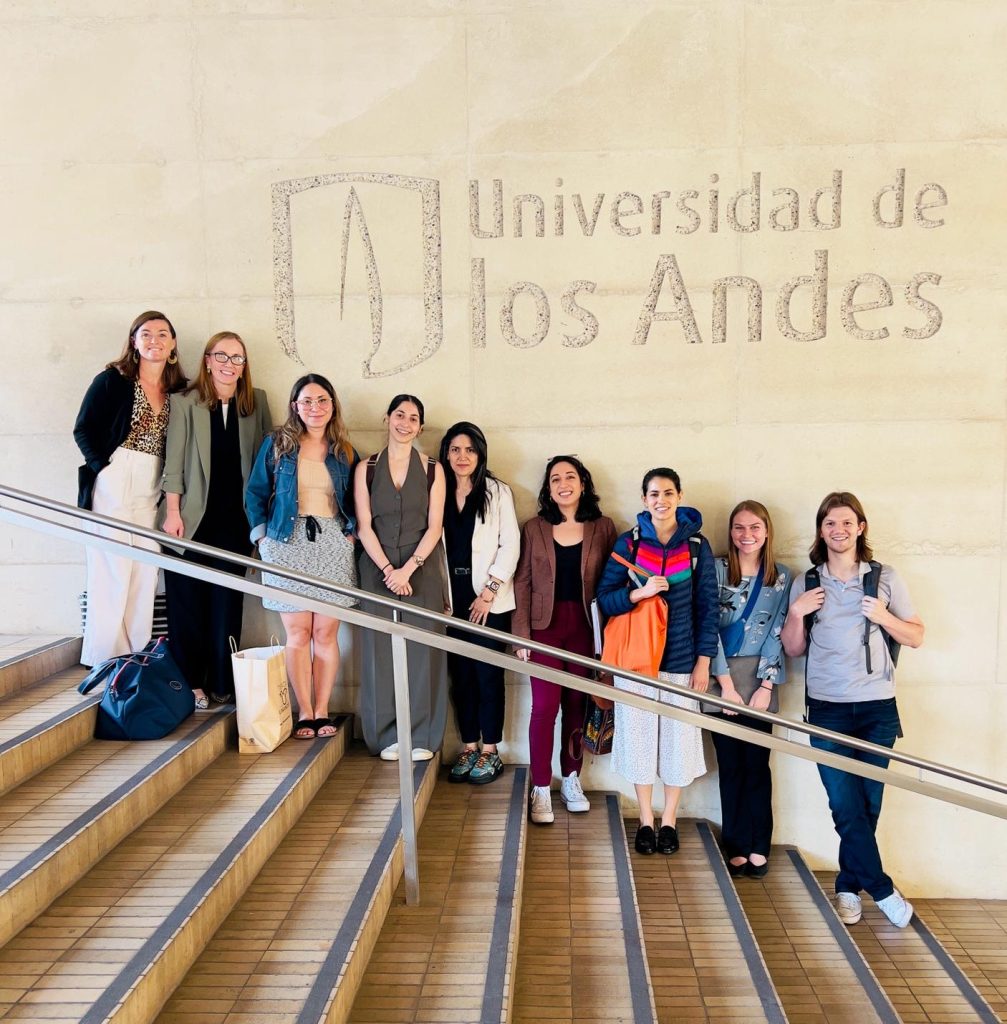
Then, feeling inspired and wanting more time in Madison, she made the leap and applied for a PhD program at the University of Wisconsin-Madison in 2022. After some months of waiting, it was finally decision day in early 2023.
And… she got in! Hidalgo-Ciro would start as a UW–Madison PhD student for the Fall 2023 semester.
Quickly, she and her family sold their apartment in Colombia and came to Madison, Wisconsin. At that point, she couldn’t turn back- nor did she want to.
“For me, it was very clear that I wanted to do things for other people,” Hidalgo-Ciro says. “And, coming to Madison- working in law, communications, and global health, is a way to materialize that purpose.”
On top of an already full plate, she applied to be a teaching assistant and earned a position for the undergraduate course Comm Arts 100, Introduction to Speech Composition. Although it was labor-intensive and often difficult, Hidalgo-Ciro shared it was an enriching experience. At the end of the semester, her students wrote a heartwarming letter that made all the struggles worth it.
Now, Hidalgo-Ciro continues to pursue her PhD at the School of Journalism and Mass Communication at the University of Wisconsin-Madison. While pursuing her doctoral degree, she is also a research assistant for her PhD advisor, Sara McKinnon, a professor of Rhetoric, Politics & Culture in the Department of Communication Arts, and faculty director of LACIS. In this position, Hidalgo-Ciro is researching, writing papers, and sharing information.
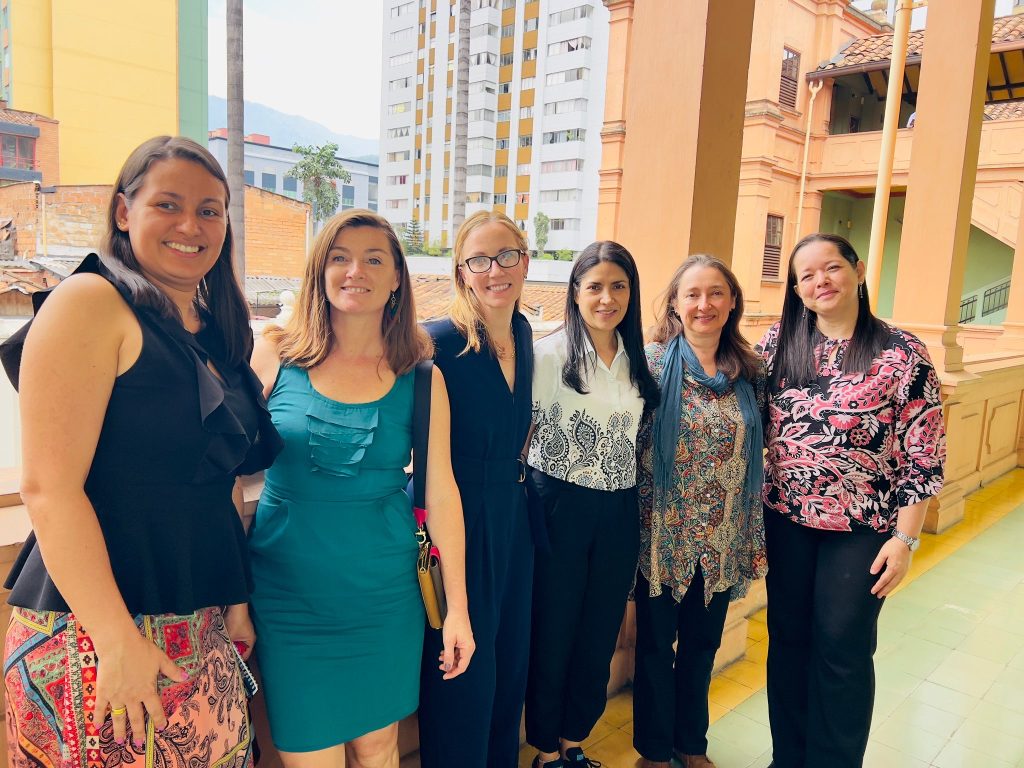
On top of her PhD studies and research assistant tasks, Hidalgo-Ciro started a two-year appointment with the UW–Madison Global Health Institute (GHI) in January 2024. At GHI, she works on her PhD projects while making interdisciplinary connections across campus and the world.
For example, through her connections with Sara McKinnon and GHI, Hidalgo-Ciro began her research assistant efforts with the Migration in the Americas Project, led by McKinnon and Erin Barbato, professor of Law and director of the Immigrant Justice Clinic at the University of Wisconsin Law School. Jorge Osorio from GHI is also a contributor on the project, providing connections to academic, government, and NGO contacts in Latin America.
Migration in the Americas Project is a policy and research collective of the University of Wisconsin-Madison, focused on assessing migration policy and developing ways to reduce risk and harm to make movement and residence safer for migrants throughout the Western Hemisphere.
Hidalgo-Ciro calls this the perfect project, since her experience as a lawyer, communicator, and passion for global health initiatives are the keen focus of this transdisciplinary project.
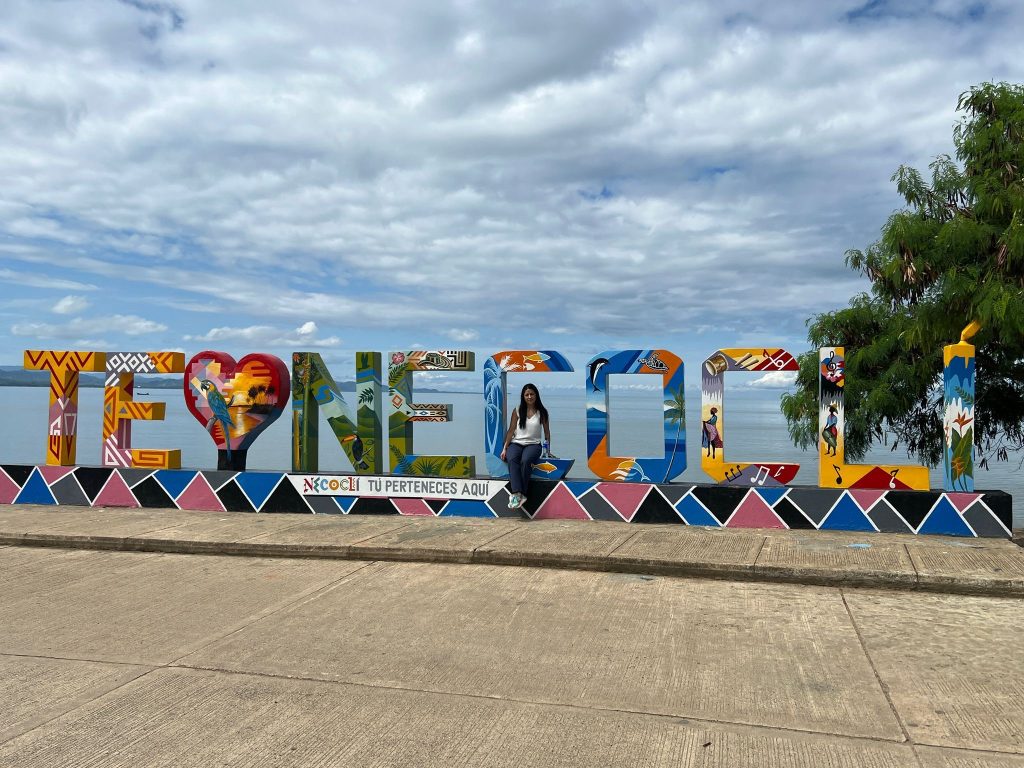
Not only are the focus areas perfect for Hidalgo-Ciro, but also the overarching themes and goals.
“Communication and connection are powerful to taking care of ourselves,” Hidalgo-Ciro notes. “We need to clearly communicate what people can do to improve their health.”
In other words, she greatly believes in the project’s mission- making movement along the Darién Gap healthier and more fair for those migrating. People have been moving to find better opportunities for centuries, and history has taught us that information about the journey and the destination is crucial for safety.
“In our world full of risks and conflict, why shouldn’t people have all the information they need to move and survive?” Hidalgo-Ciro asks.
In fact, the big picture for Migration in the Americas Project asks the same question- and finds a way to act on it. A transnational justice clinic is in progress to create a network which informs people of what is waiting for them and what they are leaving as they migrate through the Americas.
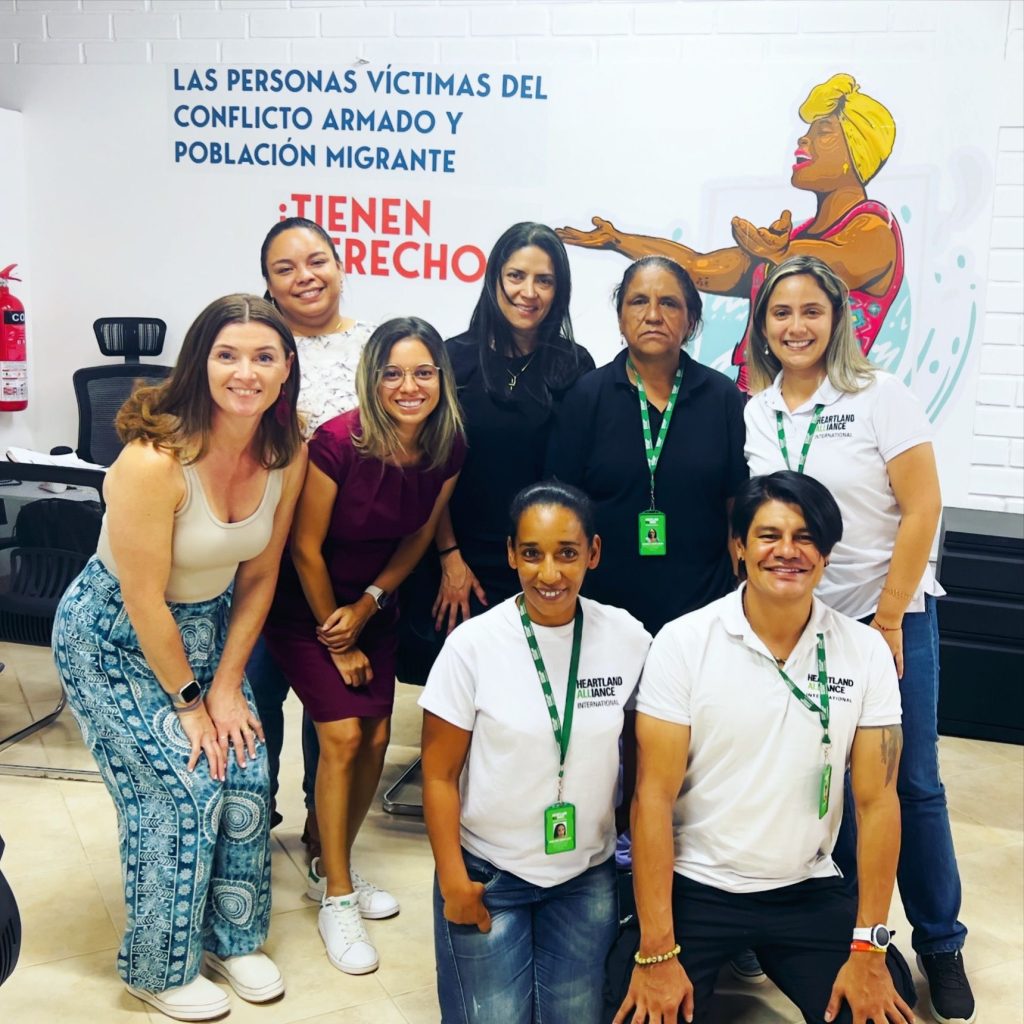
But it isn’t a one-way interaction. Those affiliated with Migration in the Americas Project don’t just share their information, they also listen intently to the stories of those migrating and struggling to find safety.
For instance, Hidalgo-Ciro was deeply moved when hearing the “interview of credible fear” process that migrants without documents have to endure. Although migrants are heart-broken and often pleading for safety, they must depend on translators to fully relay the urgency and sympathy in their words.
This was just one of many stories that struck a chord with Hidalgo-Ciro, and she says there are many more that ignite the spark to continue working with the Project.
So, what’s next for Leonor Hidalgo-Ciro?
Since she’s a lifelong learner, she plans to keep growing and taking in all the knowledge around her. As she learns, she will continue working with migrant populations to guarantee their awareness of important health information and keep empathetically listening to their stories.
“When you have a clear purpose, you find a way to apply it to any space,” Hidalgo-Ciro comments.
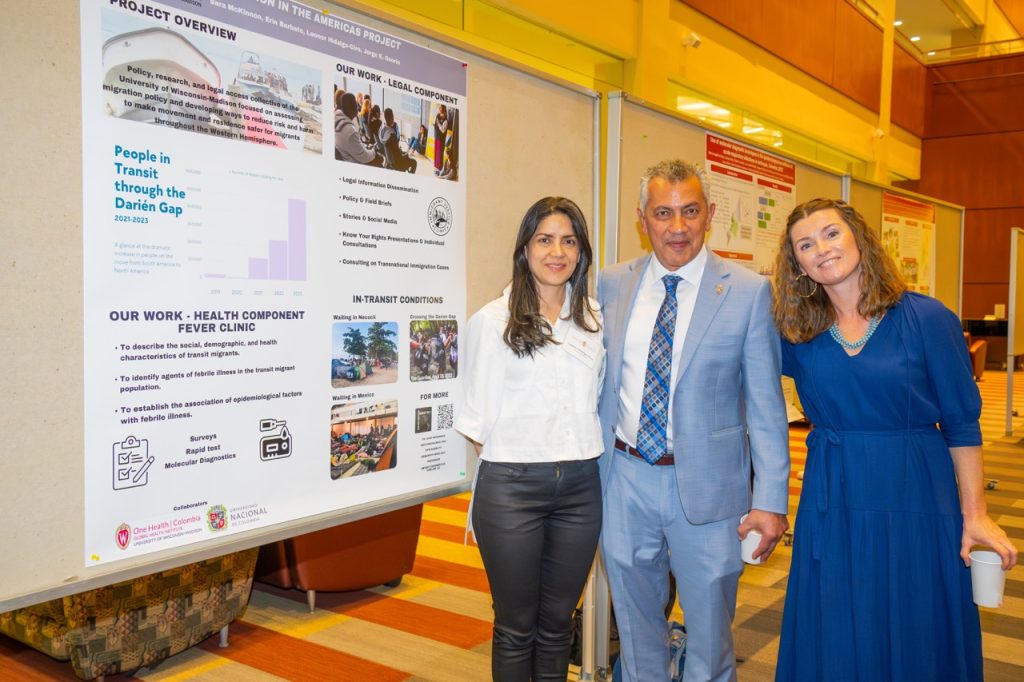
This passion drives her to seek more funding, collaborate with more experts, and contribute to more reports and papers, all in the hopes of augmenting the spread of critical health information to migrant populations in the Americas.
By 2028, Hidalgo-Ciro plans to earn her PhD from the School of Journalism and Mass Communication at UW–Madison. She is well on her way to reaching her goals: building a strong, dependable network of colleagues, friends, and experts; serving her home country, Colombia; and contributing to impactful interdisciplinary work along the way.
“I will keep fulfilling my passion of contributing to a more equitable and sustainable society,” Hidalgo-Ciro concludes. “I will follow my purpose.”
If you’re interested in learning more about Leonor Hidalgo-Ciro’s experiences and goals, contact her at lhidalgo2@wisc.edu or contact GHI.
